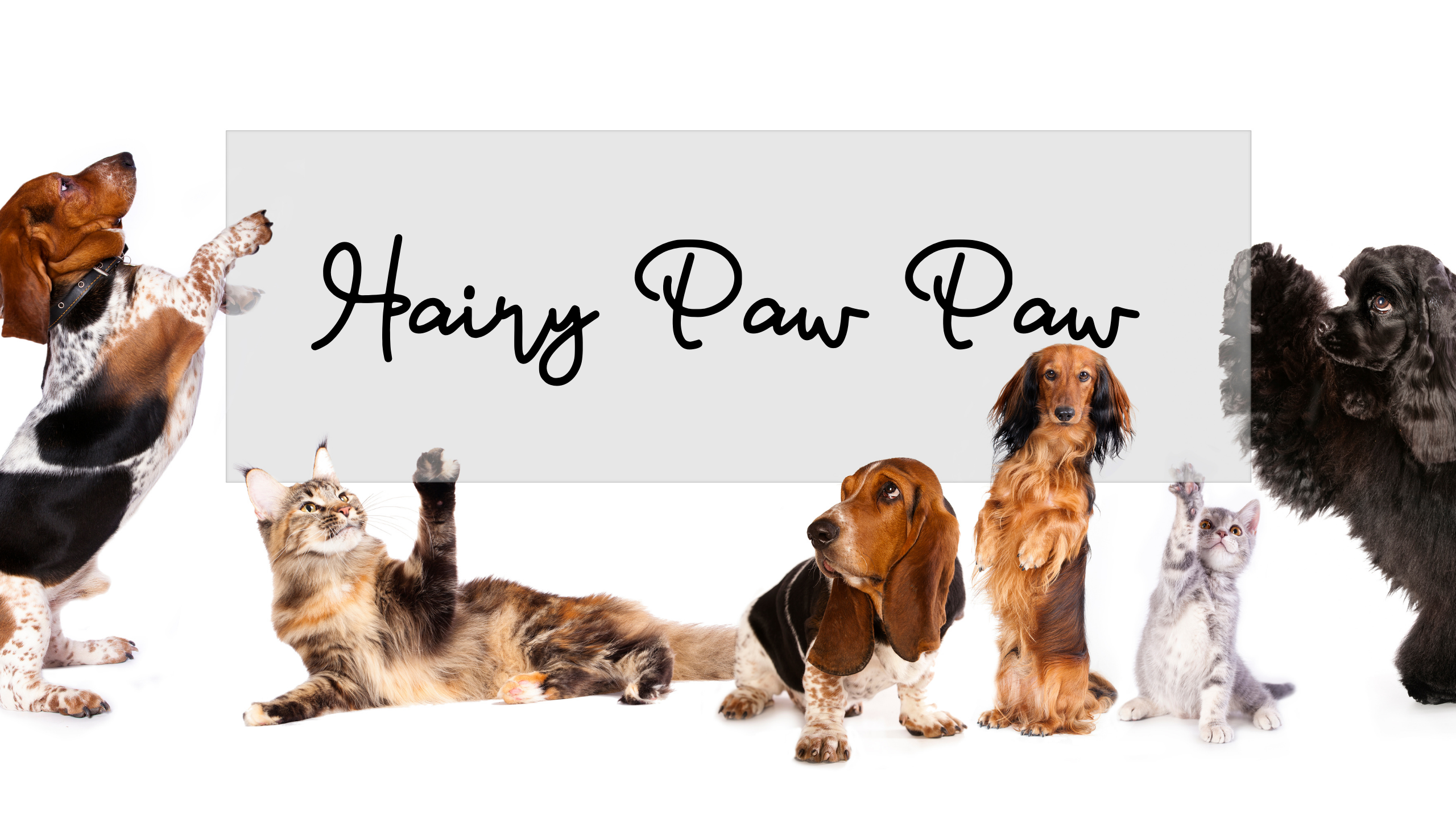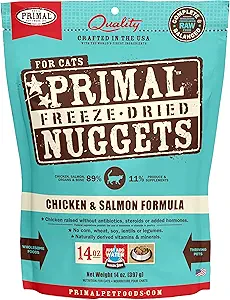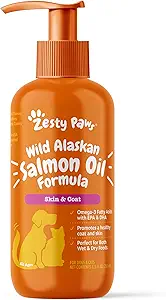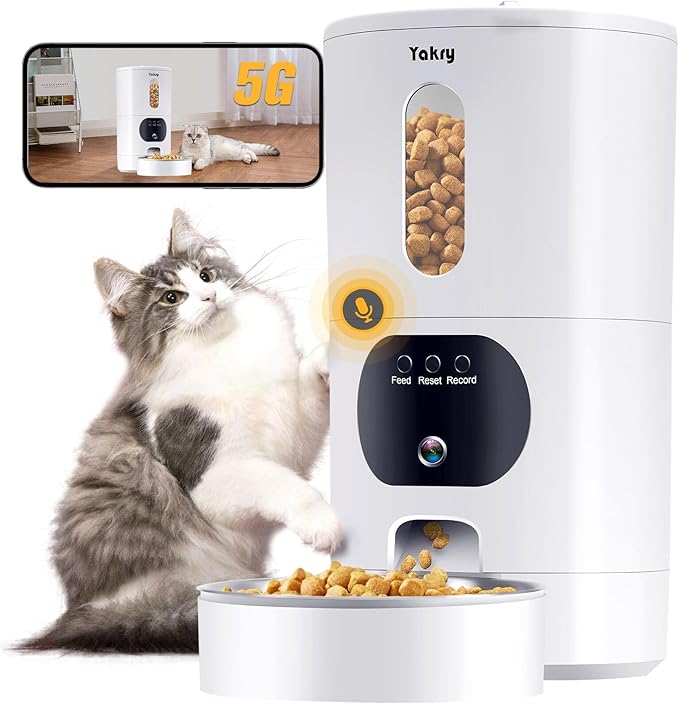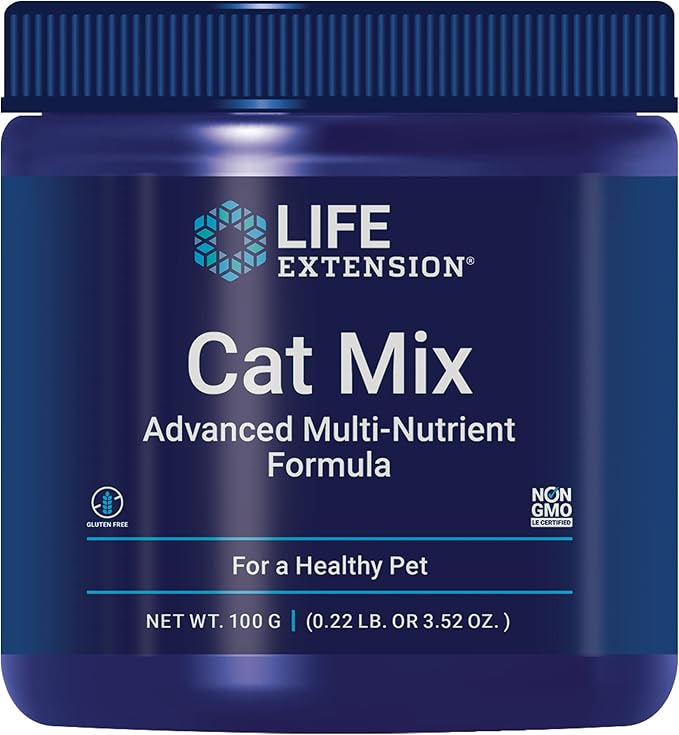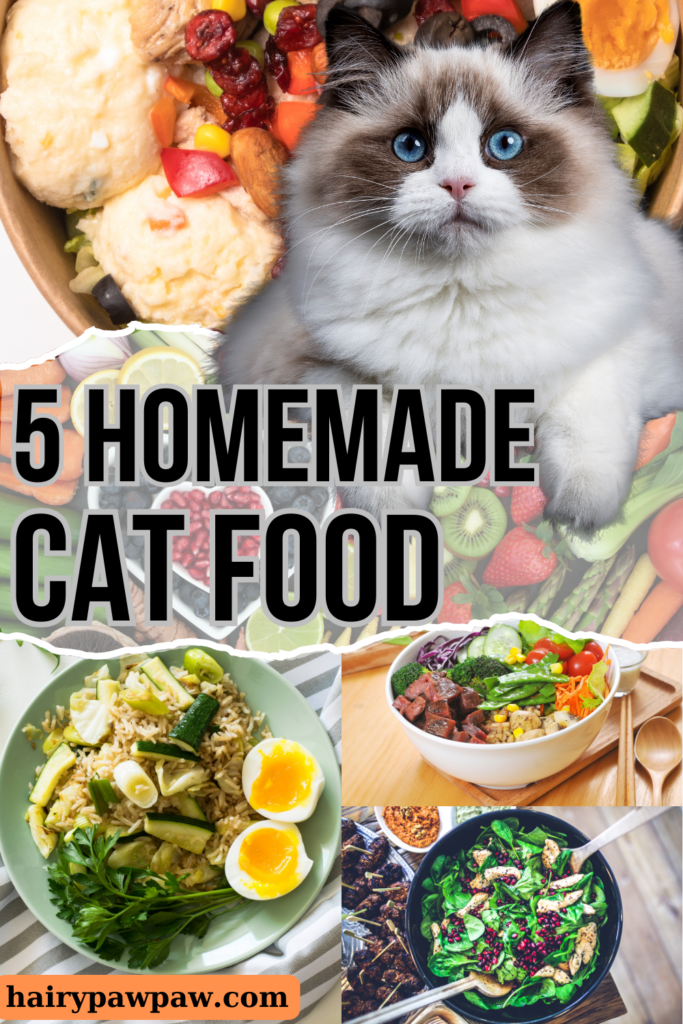How to Provide the Best Nutrition for Siamese Cats
Feeding your Siamese cat a balanced and nutritious diet is essential for keeping them healthy, energetic, and happy. Siamese cats have a sleek, muscular build, which means their nutritional needs differ from other breeds. The right diet supports their active lifestyle, maintains their coat’s glossy appearance, and strengthens their immune system. In this blog, we’ll explore key tips to ensure your Siamese cat gets the best nutrition possible.

1. Focus on High-Quality Protein
Siamese cats are obligate carnivores. This means their diet requires a significant amount of animal-based protein to support their muscle mass and overall health. Look for foods that list high-quality meat, such as chicken, turkey, or salmon, as the primary ingredient. These meats provide essential amino acids that your cat’s body needs but cannot produce on its own.
Avoid foods with excessive fillers like corn, soy, or wheat. These do not provide valuable nutrition and may even contribute to digestive issues or food sensitivities. Feeding your Siamese a diet rich in protein ensures they maintain their lean, muscular build and active energy levels.
2. Include Healthy Fats
In addition to protein, your Siamese cat needs healthy fats for a shiny coat and healthy skin. Fats also serve as a key energy source. Omega-3 and Omega-6 fatty acids, commonly found in fish oils and flaxseed, promote skin health, reduce inflammation, and keep their fur soft and shiny.
Be careful not to overfeed fatty foods, though. While fats are essential, too much can lead to weight gain, which is harmful to your Siamese cat’s long-term health. Stick to a balanced amount as recommended by your vet.
3. Balance the Carbohydrates
While protein and fats are crucial, carbohydrates can also play a small role in your cat’s diet. However, it’s important to choose the right kind. Cats do not require a large amount of carbs, but some high-quality sources like sweet potatoes or peas can offer fiber for better digestion.
Avoid heavily processed foods that use too many grains or simple sugars. These can lead to weight gain and don’t provide lasting energy for your active Siamese. Instead, choose formulas that feature whole grains or grain-free options that rely on complex carbohydrates.
4. Prioritize Moisture-Rich Foods
Hydration is key for all cats, especially Siamese cats, who are prone to kidney issues later in life. Wet cat food or adding water to dry food can help keep them hydrated. Wet food naturally contains more moisture, which can improve your cat’s urinary health. This prevents the formation of urinary crystals and other kidney problems.
While dry food has its benefits, don’t rely on it solely. Mixing both wet and dry food or offering a rotation of the two ensures your Siamese gets enough hydration along with a balanced diet.
5. Control Portion Sizes
Siamese cats are naturally active and curious, but overfeeding can lead to weight gain. Feeding the correct portion size for your cat’s age, size, and activity level helps maintain a healthy weight. Check food packaging for portion guidelines, but also keep an eye on your cat’s body condition.
A Siamese cat should have a visible waist when viewed from above and a slight belly tuck from the side. If your cat starts gaining weight, reduce portion sizes or consult your vet for feeding recommendations.
6. Supplements for a Healthy Boost
While a well-balanced diet provides most of the nutrients your Siamese cat needs, some supplements can offer additional health benefits. Omega-3 supplements can support skin and coat health, while glucosamine may help with joint health as your cat ages.
Be cautious when adding supplements to your cat’s diet. Always consult with your vet to ensure you’re not overloading your cat’s system with unnecessary vitamins or minerals.
7. Avoid Toxic Foods
Certain human foods can be harmful to Siamese cats. Foods like onions, garlic, chocolate, and caffeine are toxic and should never be given to cats. Additionally, dairy products can cause digestive upset since most cats are lactose intolerant.
Ensure that your cat has access to safe, cat-friendly foods and always store toxic items out of their reach. If you’re ever unsure about whether a food is safe for your cat, it’s best to err on the side of caution and avoid it.
8. Feed According to Life Stage
Your Siamese cat’s nutritional needs will change throughout their life. Kittens require more protein and fat to fuel their growth, while adult cats need a balanced diet to maintain their health. Senior cats may require fewer calories and more joint support as they age.
Choose a food that’s appropriate for your Siamese cat’s current life stage. This ensures that they receive the nutrients they need, no matter their age.
Conclusion
Providing the best nutrition for your Siamese cat involves choosing high-quality protein, healthy fats, and balanced carbohydrates. Moisture-rich foods and portion control keep your cat healthy, while supplements can offer additional benefits. Avoid toxic foods and adjust your cat’s diet as they age for lifelong health. By following these key tips, you can ensure that your Siamese cat stays happy, active, and in great shape.

